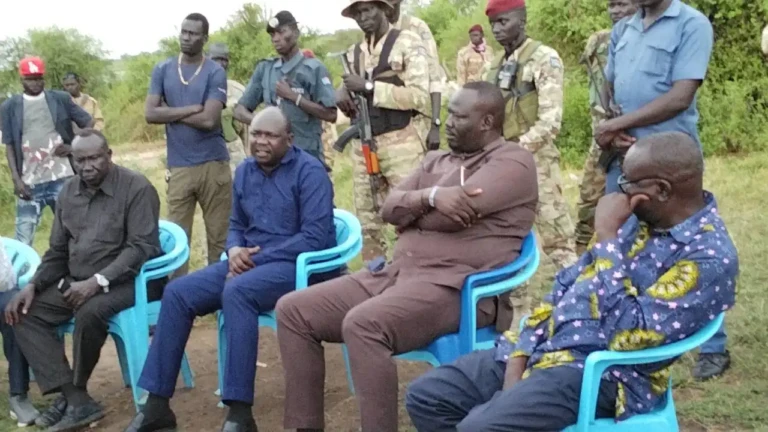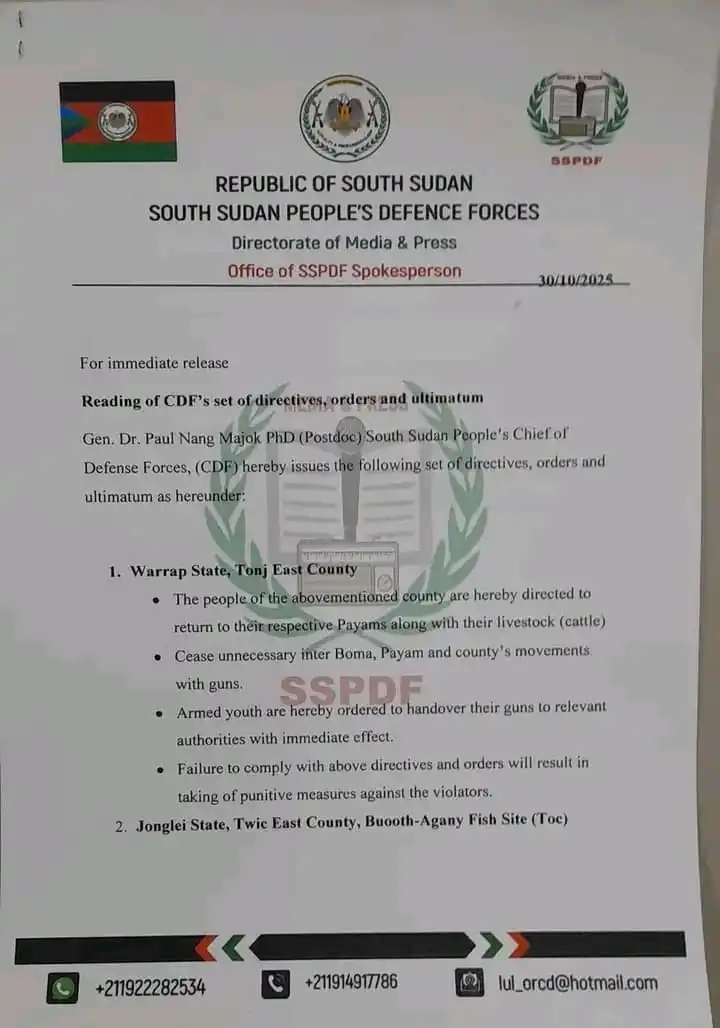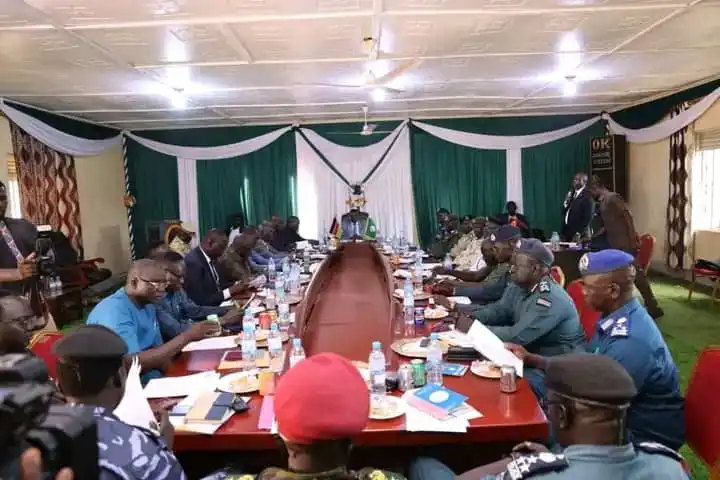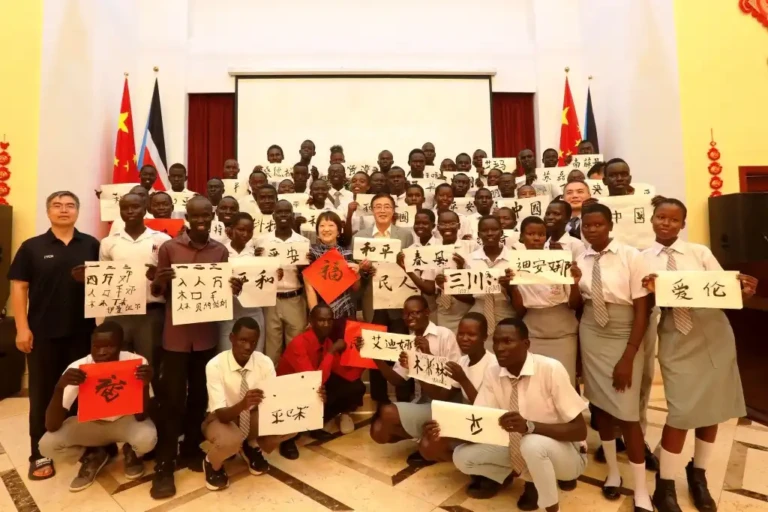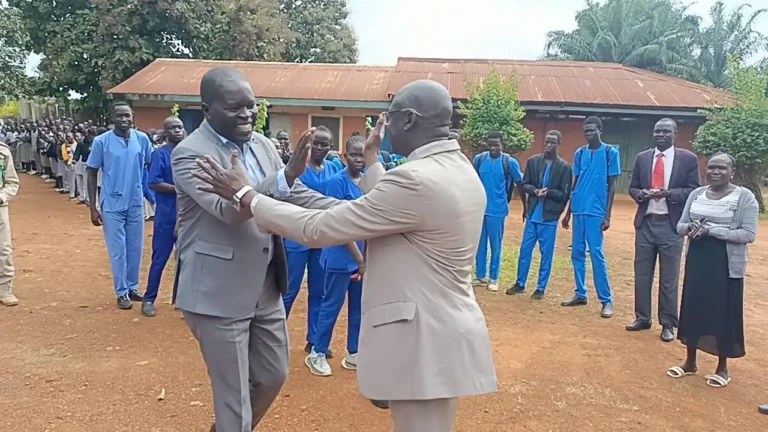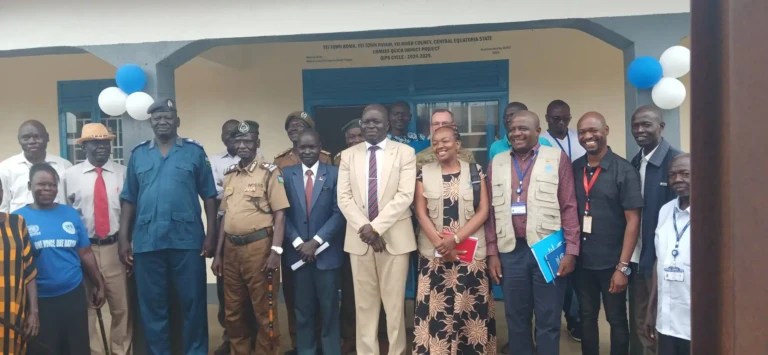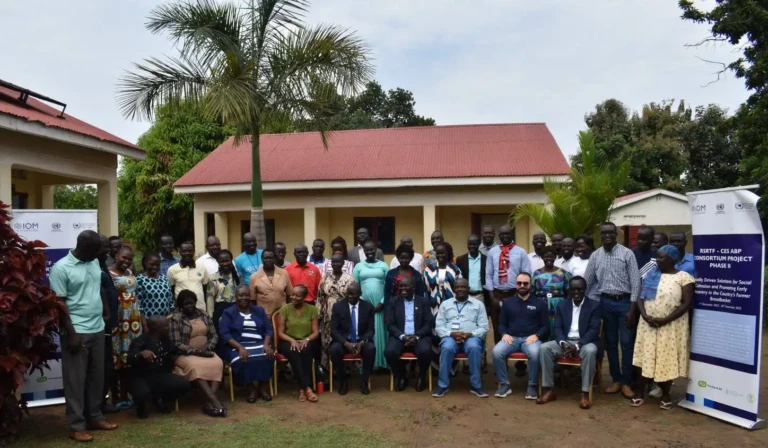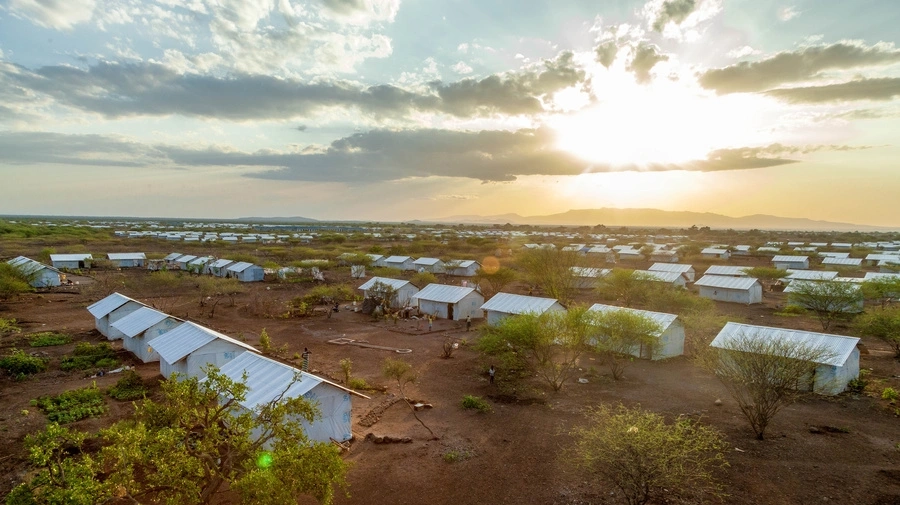
PHOTO CREDIT: UNHCR - The United States, which previously accounted for up to half of global humanitarian funding and over 20 percent of the UN’s operating budget, has sharply reduced contributions in 2025. Other donors, such as the United Kingdom, have also made reductions due to shifting political and economic priorities.
(KAKUMA) – Violent protests broke out at Kakuma refugee camp in northern Kenya on Monday, with at least one person reported dead and two police officers injured, following months of growing frustration over reduced aid and changes in food distribution systems. The camp hosts roughly 300,000 refugees, including a large population from South Sudan.
According to Kenya’s Department of Refugee Services (DRS), the situation escalated after a group of refugees clashed with police officers and set fire to a World Food Programme (WFP) facility inside the camp.
The incident marked a dangerous turning point after prolonged tensions caused by steep cuts to international humanitarian funding.
Local police confirmed that the protest was driven by lack of access to basic resources. Michael Muchiri, spokesperson for the Kenya Police, said officers were deployed to manage “disturbances” linked to the worsening conditions.
“The recent decision by the US Government to cut down on programmes related to USAID, for instance, is starting to have an effect on the refugee situation,” he said.
Humanitarian organisations operating in Kakuma have been struggling to maintain services since major donors, including the United States and the United Kingdom, significantly reduced funding. These cuts have forced aid groups to slash food rations and restrict support to only the most vulnerable individuals, creating a sense of exclusion among the wider refugee population.
John Thomas Muyumba, a local youth organiser, explained that the rationing changes were a major cause of discontent.
“Many felt discriminated against,” he said. “They are asking: ‘Aren’t we all refugees? Don’t we all deserve the same support?’”
According to Muyumba, the protest began peacefully but quickly escalated into violence, with stones being thrown and police opening fire. He confirmed that one person was killed in the clashes.
A man working near the camp, speaking anonymously to AFP, said roughly 100 people had gathered to express their anger. Some of their concerns were also linked to Kenyan government plans to convert the refugee camp into a permanent settlement, a move many fear will lead to the withdrawal of benefits and support.
The WFP confirmed that a fire had damaged one of its food storage facilities in the Kalobeyei Settlement, a section of the camp.
“WFP and the local authorities are looking into the circumstances surrounding this incident and assessing any damage or losses,” the agency said in a statement.
The Kakuma refugee camp, the second largest in Kenya after Dadaab, has long been a shelter for displaced people from South Sudan, Somalia, Uganda and Burundi. For South Sudanese refugees in particular, the situation is becoming increasingly difficult as international aid diminishes while needs grow due to conflict and instability back home.
A recent joint study by the University of Oxford and the University of Antwerp highlighted the devastating impact of past aid cuts in Kakuma. The researchers found that a 20 percent reduction in assistance in 2023 not only worsened hunger and psychological distress but also disrupted local credit systems and raised the prices of essential goods. The findings suggest that the current wave of cuts could trigger further humanitarian challenges if not addressed.
Impact of 20% aid cut:
| Impact Area | Observed Effect |
|---|---|
| Hunger | Increased food insecurity |
| Mental Health | Higher psychological distress |
| Local Economy | Collapse of small credit systems |
| Market Prices | Rise in cost of basic goods |
| Community Stability | Rise in tensions and unrest |
Discover more from Access Radio Yei News
Subscribe to get the latest posts sent to your email.

